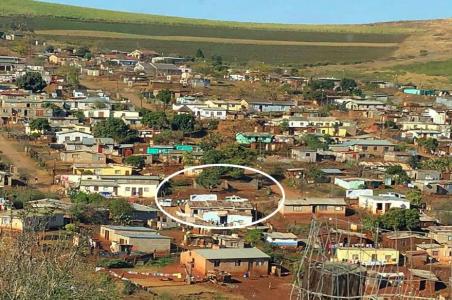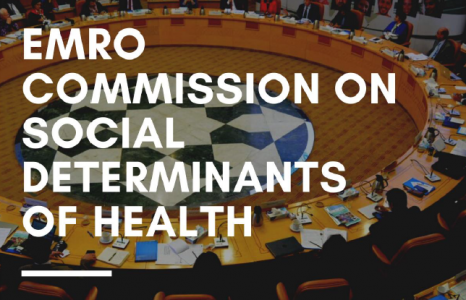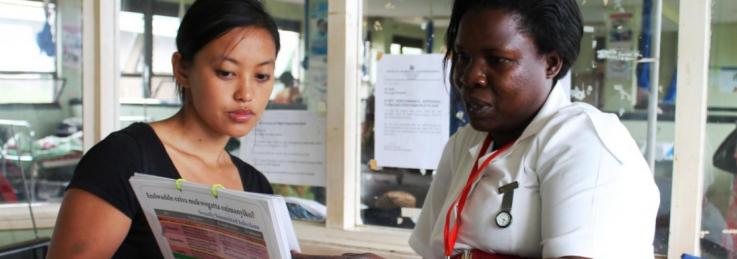UW Obstetrician to Study COVID-19 Impacts on Pregnancy (UW Medicine - Quotes Kristina Adams Waldorf)
While pregnant women are included in those thought to be at high risk for COVID-19, not much is actually known yet about the virus' potential impacts on pregnancy.
But a University of Washington obstetrician and professor hopes to change that, shifting her lab's research into the new virus.



